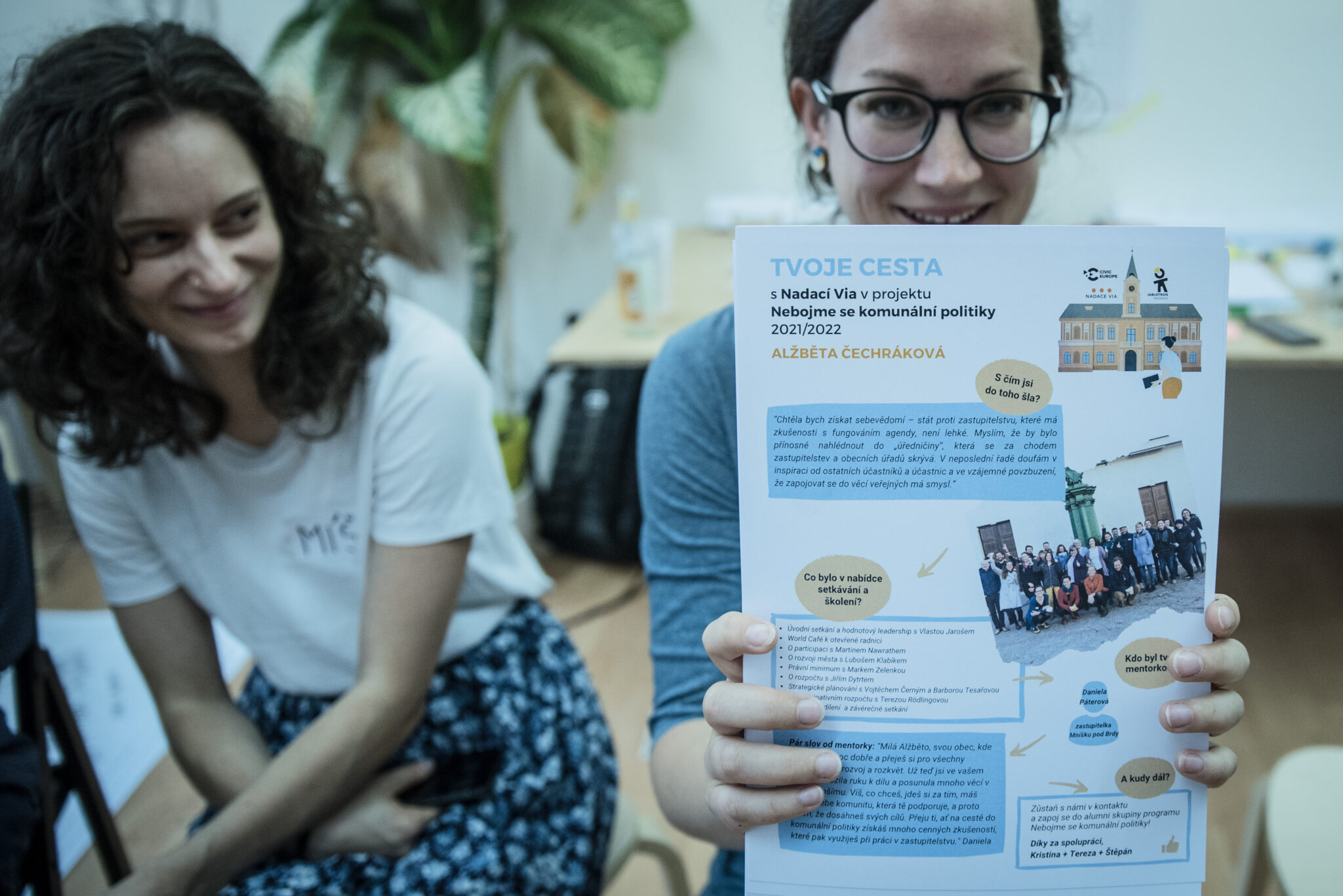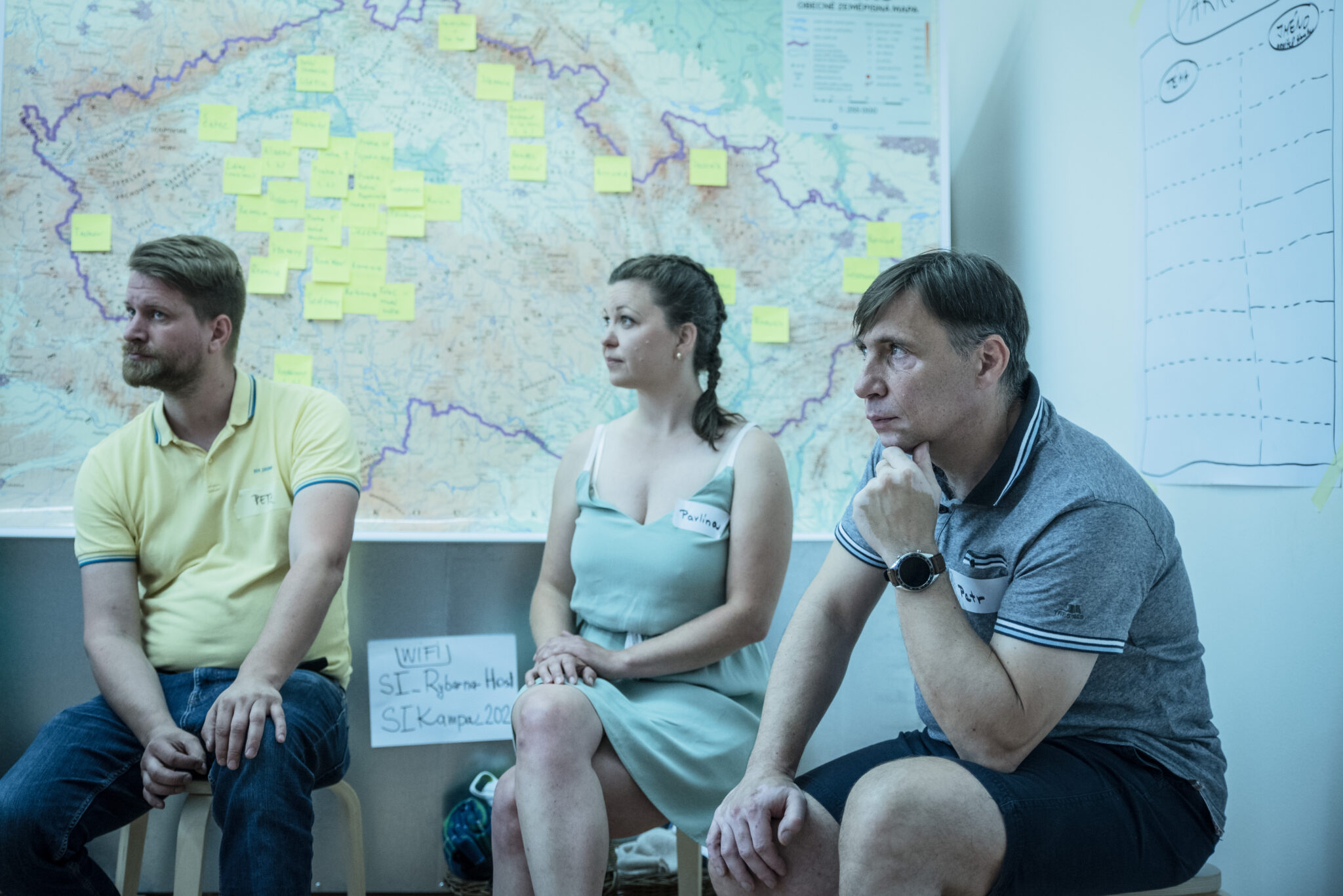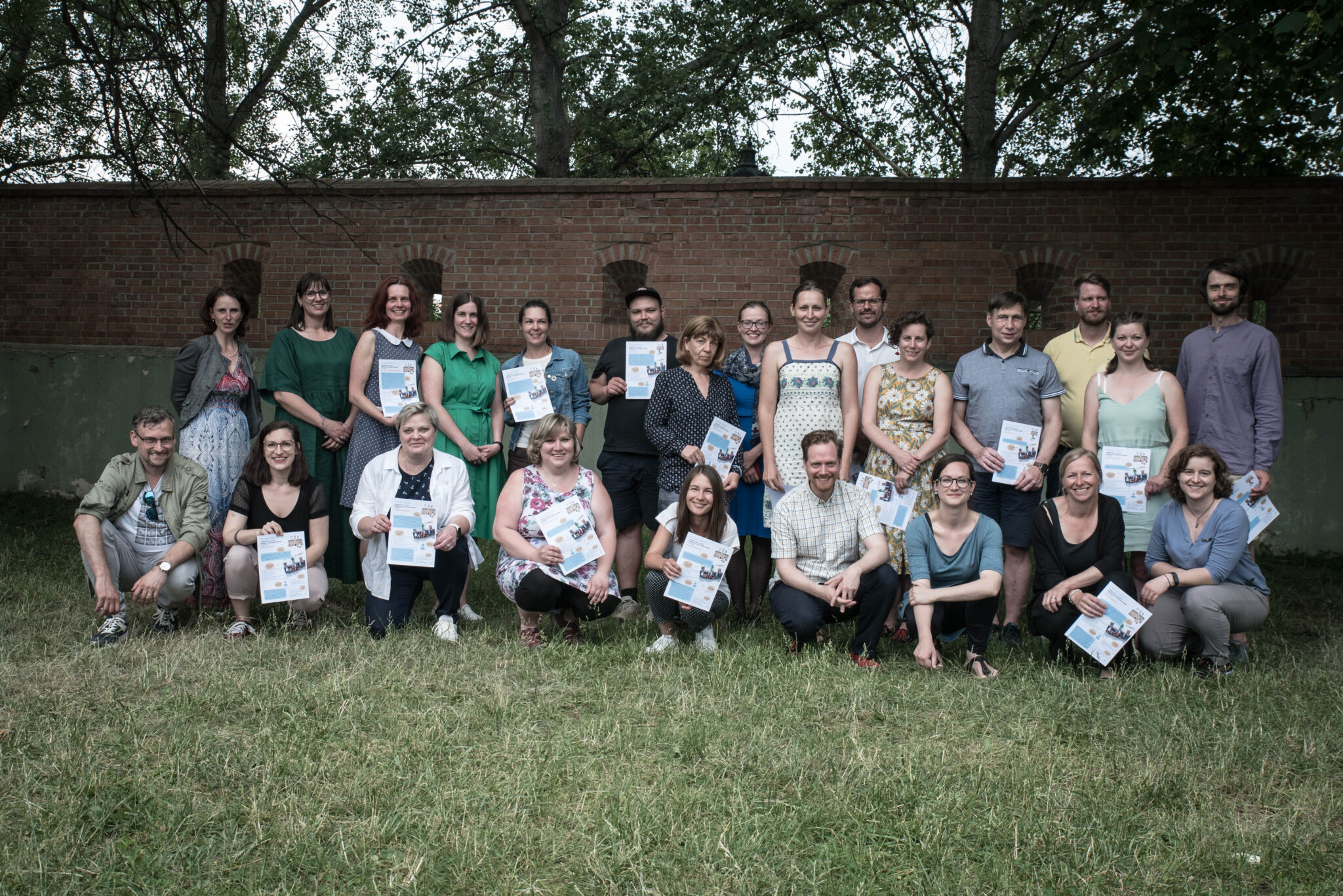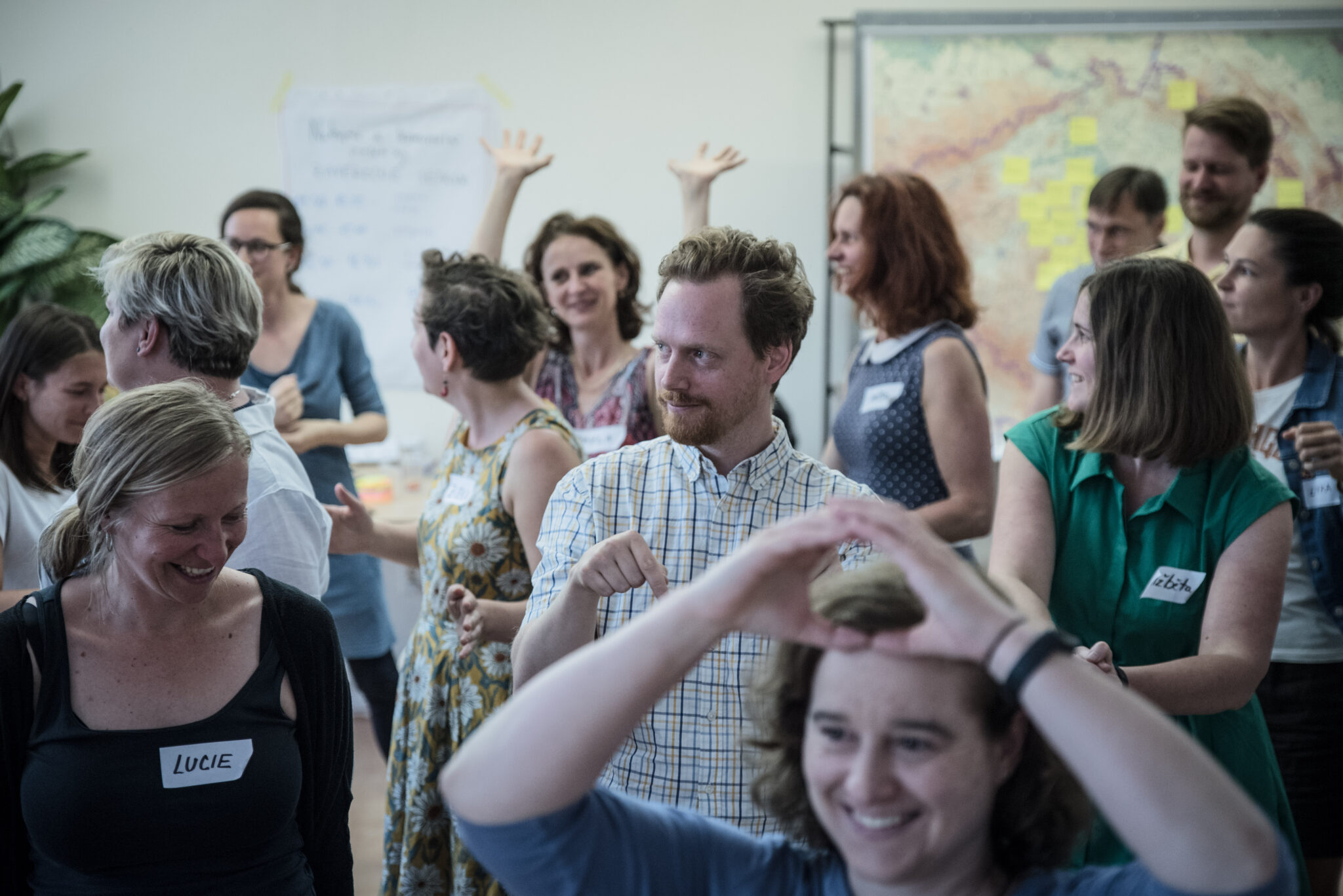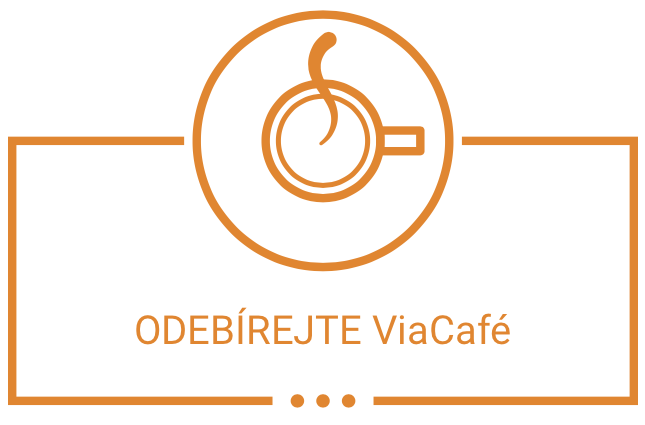“I just can’t believe it!” “I’m sitting under the stairs in the community hall and just can’t believe it, 10 out of 11 seats are ours!” “I’m going to be a deputy mayor!” or “It couldn’t have been worse.”
After three years of running Via’s Taking the fear out of local politics program, our team sat down as an impromptu election staff to watch the vote count in the Czech local elections. We were watching 10 specific regions and 35 municipalities and city districts closely. 38 of our program participants, located in different parts of the Czech Republic, had courageously embarked on a quest to win a seat on their local council. They had decided to do so after spending a year with us in intensive preparations that included mentoring and learning focused on how a city council works and public participation - to make their cities open, transparent and livable.
Election studio
On Saturday, September 24th, the day we had all been looking forward to finally arrived. Throughout the afternoon, we were in contact with the participants – people who we had been accompanying on their journey to become strong community leaders. Some reported from home, others met with their own teams in local cafés and restaurants. They agreed that this was a pivotal moment for them. By the evening we could already see that 63% of “our” candidates, i.e. 24 people, had won seats on councils. The success rate of their candidate lists even reached 91%. And our participants were more confident and asked for top places on them - a total of 66% were in the first three places on the candidate lists.
Next phase
Another important phase is now beginning: post-election negotiations. We will soon find out how many of our participants will be leading their municipalities, which will place them in a position with a fundamental influence on how their cities function. And they certainly have quite a good chance – some of the candidate lists achieved victories of 82.9%, 49.8% or 47.5%. We already know that one of our participants will be in charge of introducing a participatory budget in a town of 30,000 people. And we expect more good news!
More great numbers and a thank you
A total of 48 people participated in our program over the past 3 years. In the end, 38 of them (i.e. 79%) decided to run for office – 71% of these candidates are women and 29% are men. The rest are staying active, applying their new knowledge and skills while contributing to their communities more effectively. We would like to express our appreciation to everyone who participated in our program. Just thinking about entering municipal politics requires a lot of courage. We have witnessed successful stories, but also very challenging ones. Politics is a difficult discipline and everyone who tries to make a change deserves a big thank you.
One program participant shares her view
I’ve been getting the same question for years: “Why are you doing this?” And it’s usually followed by: “You’re crazy. It’ll wear you out, you’ll see.” At first I tried to explain it to everyone, but I guess I wasn’t very good at it, and maybe nobody was really interested in understanding it. I couldn’t find a kindred spirit in my circle, someone who felt the same way I did, and to whom I didn’t have to explain things in a complicated way. My inner motivation remained strong, but so did my doubts and insecurities.
When I heard about the Via Foundation’s “Taking the Fear out of Politics” program, I was thrilled by the mere thought that such a program existed. Without knowing the exact concept or content of the program, I immediately signed up for it, as it was clear that it would attract other similar “fools.” And it was the knowledge that I might have someone to share my feelings with, to confront ideas with, to share ideas with, that filled me with enthusiasm.
It is a great honour for me to be a graduate of the programme and to have the opportunity to be in the company of so many great and inspiring people. Looking back, we have come a long way together and had the best guides at our disposal.
We experienced a number of training sessions on personal development, community projects and municipal legislation. Each time we met as a group, I felt infused with new energy, optimism and the confidence that my efforts are not foolish and that they are worthwhile. Each of us had the opportunity to apply for a grant, which in my case enabled my group to start an Architecture Club in our town, which has become very popular.
So why am I doing this? Because I enjoy it and it fulfills me. I am convinced that the quality of our lives derives from the quality of our wider relationships. Taking care of our surroundings is also about taking responsibility – as a young democracy we are still learning this. My doubts about whether I am the right candidate to be a municipal politician have by no means disappeared, but thanks to the support of Via’s program, I am growing. I don’t feel worn out yet. Thank you.
Via Foundation supports civil society
Supporting active people in communities across the Czech Republic is Via’s core mission. We believe that this is how we can build an active civil society together and improve our communities. It is not surprising that some of the community leaders we support eventually find their way into local politics.
We conducted a small survey before the elections and the 130 responses we received showed that a total of 142 people from associations and informal groups Via has supported were indeed running for local office, i.e. more than 25% of all those contacted (some completed information for more than one team member). Of these, a total of 56% are entering politics for the first time.
In conclusion, we would like to express our appreciation to all those who participated in the programme. It takes a lot of courage just to consider entering local politics. Over the past three years we have witnessed stories of success and of challenges. Municipal politics is not an easy discipline and everyone who is trying to improve their community deserves a big thank you.
The programme would not have been possible without the support of the Jablotron Foundation and the Civic Europe programme. We thank them, too!

